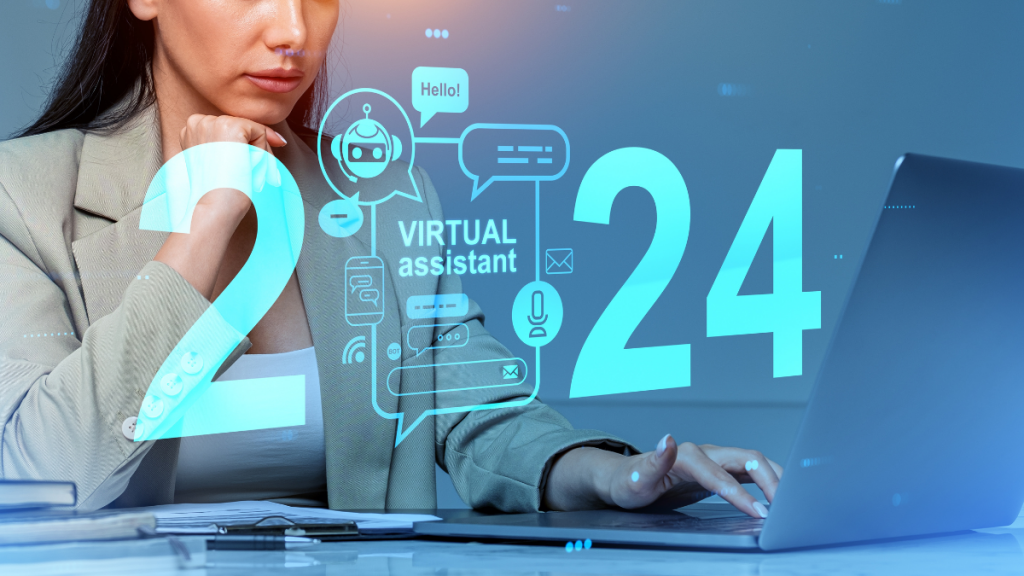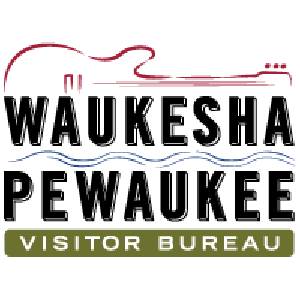Using Artificial Intelligence (AI) Tools for Event Planning
01/18/2024
By Amanda N. Wegner
Artificial intelligence (AI) has the power to become a transformative force in the meetings and events planning industry. As planners navigate a space that craves personalized analog experiences, but embraces technological advancements, harnessing the power of AI can help elevate their craft.
“This is an exciting time for our world,” says Naomi Tucker, CMP, owner of Planners on Purpose in Appleton. “We are evolving and AI is the driver for this evolution. Being an event professional who is dedicated to burn- out prevention, I can only hope that event professionals use these tools in an effort to take the heaviness out of their jobs so that we can move forward more efficiently.”
While AI tools enjoyed a near-meteoric rise in 2023, adoption hasn’t been as quick in the meetings and events space. In a fall 2023 survey of nearly 600 planners and suppliers, Ovation Global DMC found that while 50% of respondents are of aware AI’s power, only 12% are “extensively using it” and 21% have used some tools. However, according to the American Express 2024 Global Meetings and Events Forecast, using AI to tailor communications with event attendees is becoming more common: 42% of survey respondents say they expect to use AI in 2024.
Get Started with AI
The best way to get started using AI, says Tucker, is simple: Use it.
“With any change that has occurred in our society over time, those who win are those who put in the hard work in the beginning to learn the nuances of the change happening,” says Tucker. “I believe if planners take the opportunity now to learn how to integrate AI into their workday in a way that empowers them, expands their impact, and gives them more ease, we will see our industry go through an amazing evolution.”
From automating tasks to improving efficiency to optimizing operations, following are some options for utilizing AI for events and available tools.
For Ideation and Efficiency
Tools like ChatGPT and Google Bard, AI-powered chatbots that use natural language processing (NLP) and the open internet to generate human-like responses to text-based queries, are great for brainstorming.
“I’ve had the opportunity to see planners use AI for ideation to co-create marketing copy, and I have also seen them use platforms that make things a bit easier for them,” says Tucker. “Many times, we get stuck with getting started, so I’ve learned that a simple prompt can really get me started.”
Event software platforms are also including built-in AI-powered ideation tools. For instance, Remo, a virtual meeting platform, offers several AI idea generators to help guide planning. In 2023, Cvent launched its AI Writing Assistant, which can suggest content for event emails, websites and more.
Perhaps one of the industry’s most exciting new options is Project Spark, a generative AI engine created by the Professional Conven- tion Management Association (PCMA) and event technology provider Gevme. Designed specifically for event professionals, Project Spark offers built-in AI prompts that help save time, kickstart meeting assets, draft marketing materials and more. It offers free and paid accounts.
“Properly channeled, AI has the potential to empower each of us to accelerate innovation and progress for our audiences, our businesses and our careers,” PCMA President and CEO Sherrif Karamat, CAE, said in a May 2023 announcement.
For Note-Taking and Transcription
Consider AI tools for note-taking and transcription to help attendees get the most out of each keynote, table talk and presentation. These can also help make events more inclusive by benefiting those who are differently abled and non-native speakers.
Otter is a well-known tool for meeting transcription and note generation. Another option is Colibri AI, a clutter-free tool for recording meetings, displaying real-time transcription and generating notes. Another tool, Fireflies.ai, utilizes AI to review meeting notes and summarize insights. Others to consider are Supernormal and Beulr, and many integrate with productivity tools like Google Meet, Zoom and Teams.
Several everyday productivity tools are also incorporating AI into their platforms. Zoom includes its AI Companion with all paid accounts, and Teams is set to roll out AI enhancements in early 2024.
For Facial Recognition
Facial recognition technology can quickly check in attendees and enhance event secu- rity. When combined with NLP, facial recognition can help identify potential threats and prevent security breaches. One option is Amazon Rekognition, used for check- ins, screenings and identifying attendees. Zenus uses AI-driven facial recognition to provide attendee tracking, and its solutions also utilize facial recognition to measure live attendee engagement and analyze demographic groups at events.
For Personalization
Chatbots can be trained to respond based on a customized learning model to assist attendees and potential registrants. As a “digital concierge,” chatbots can recommend sessions and speakers, create personalized recommendations for food and drinks, assist with scheduling and provide real-time updates on event activities. One of the best-known AI chatbots is IBM’s Watson Assistant, which can be integrated into websites and event apps to provide 24/7 help and answer questions.
Texting-based chatbots are also available. The benefit of texting is that it doesn’t require a separate app, utilizes a familiar interface and an exceptionally high open rate of 98%. A tool like 42Chat can answer user questions via text in three seconds or less, with a 95% success rate.
For a Little of Everything
While you can piece together AI tools, many platforms come with AI baked in. Swapcard, Brella and Bizzabo include options to help quickly organize and execute events while offering personalization tools connect exhibitors and other attendees using machine learning algorithms. Some offer branded event apps, and others include AI-powered analytics to measure engagement, which identify areas for future improvement.
“What makes it easy is when common industry platforms integrate AI in a way that helps event professionals,” says Tucker. “It is then the role of the event professional to learn those integrations, and decide if the adaptation would help or hurt their work.” She recommends starting with one tool, then learning it enough to be comfortable to use it frequently before adding more. “Before you know it, you can have a suite of tools that helps support you in your planning process,” she says.
Words of AI Caution
While AI tools offer great potential, AI tools are just that and require human interaction and can have biases. Tucker advises verifying any information presented and editing copy to reflect an accurate voice. Test tools for ease of use and accessibility, and ensure they are scalable based on your needs.
“Current AI tools, although they are nice and have tons of potential, are only as good as how we use them,” says Tucker. “Always check your sources and put your personal touch on everything.”











